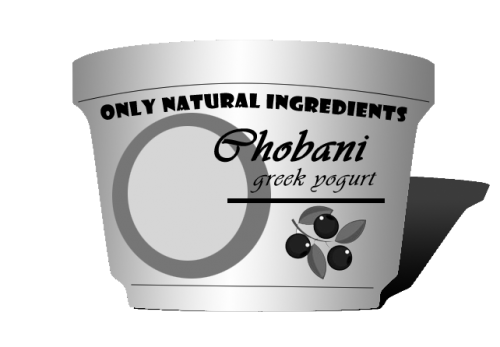Greek Yogurt: Whey Bad For the Environment
DEREK WU
Staff Writer
As the two billion dollar industry for Greek yogurt continues to grow, people remain unaware of the detriments caused to the environment by a byproduct from milk products called whey.
The production of Greek yogurt creates acid whey that is toxic and can harm the environment if leaked or mishandled. With the growing trend of Greek yogurt for its health benefits, dairy facilities should have stricter regulations in terms of the size of the companies and the amount of yogurt they distribute; most only have regulations to prevent discarding into lakes or other protected areas.
Chobani, one of the biggest Greek yogurt distributors, uses three pounds of milk to make about one pound of yogurt and each cup of yogurt makes two pounds of acid whey. Unlike sweet whey, which comes from cheese products, the use of acid whey is becoming a growing health and environmental hazard.
When acid whey is poured into a large body of water, which is illegal in the U.S, the whey depletes oxygen levels of the water, killing many living organisms. In 2008, the Minerva cheese factory paid a fine of over $6,000 after accidentally releasing the toxic waste into Sandy Creek, Ohio, which killed over 5,400 fish. With such a risk to harming the environment, companies like Chobani strive to remove the toxic whey, paying farmers to take it off their hands to feed animals; however, unlike sweet whey, the chemicals in acid whey can actually harm the animals that consume whey when used as feed or fertilizer.
Companies and scientists strive to find a better solution for the disposal of the acid whey; however, the reduction of consuming Greek yogurt would benefit the environment.
